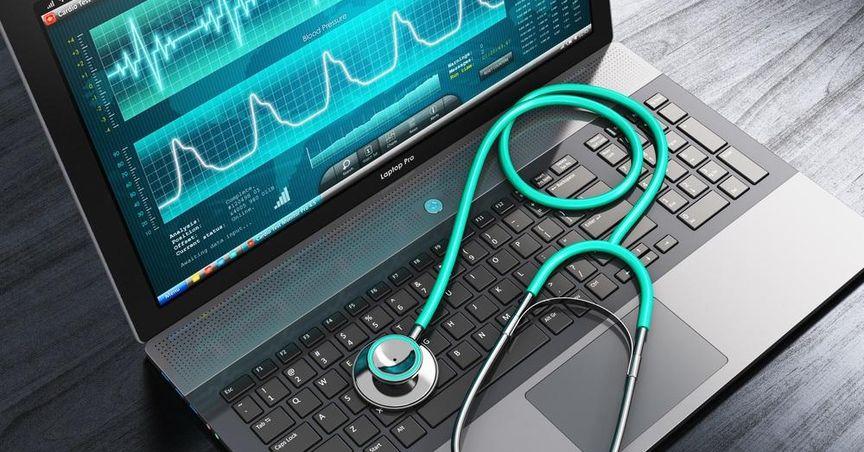Highlights:
ResMed unveils NightOwl, a wearable device for sleep apnea screening.
The product is designed to improve home-based sleep health assessments.
Launch reflects growing interest in digital healthcare innovations.
ResMed (NYSE:RMD) operates within the healthcare technology sector, focusing on digital and connected solutions related to respiratory care and sleep health. The company is known for developing products aimed at improving sleep-related breathing conditions, including devices for sleep apnea and other chronic respiratory disorders.
The healthcare technology space continues to evolve with increasing demand for remote and patient-centric monitoring systems. Companies in this sector explore digital health platforms that enhance accessibility, improve diagnostics, and support ongoing care from non-clinical environments.
NightOwl Launch Targets Sleep Health Innovation
ResMed has introduced NightOwl, a compact wearable designed for home-based screening of sleep apnea. The device aims to facilitate early detection of obstructive sleep apnea without the need for traditional lab-based testing. NightOwl’s format is geared toward ease of use, allowing wearers to monitor sleep patterns comfortably from home.
The launch comes at a time when healthcare systems are expanding remote monitoring capabilities. Devices that support home diagnostics are becoming increasingly relevant in sleep health, especially for conditions that may go unnoticed without prolonged observation.
Digital Monitoring Gains Ground in Respiratory Care
Digital innovation in respiratory health continues to support early intervention and disease management. Tools such as NightOwl align with a growing preference for non-invasive, wearable technologies that enable continuous data tracking. These devices typically record multiple sleep metrics, which can assist in evaluating conditions like snoring, breathing disruptions, and oxygen saturation.
Wearables also contribute to a broader health technology ecosystem by transmitting data to platforms that healthcare providers may use for follow-up or ongoing patient management. This connectivity has reshaped how care is accessed and delivered across multiple medical disciplines.
Expanding Demand for At-Home Health Devices
The demand for at-home healthcare solutions is on the rise, driven by the need for accessible screening tools. NightOwl's release underscores interest in devices that can be used outside clinical settings while maintaining reliability in data collection. These trends are particularly evident in sleep medicine, where remote testing options offer flexibility for users and reduce the burden on traditional sleep labs.
Technologies focused on early detection and ongoing monitoring help support healthcare systems aiming to manage chronic conditions with fewer in-person consultations. As device usage grows, it also contributes to a more proactive approach to personal health management.
Technology-Driven Tools Reshape Medical Screening
Innovations such as NightOwl continue to reflect broader changes in how medical conditions are assessed and managed. Wearable screening tools are evolving to include more precise sensors, longer battery life, and seamless app integration. These features enhance the usability and accuracy of health monitoring while catering to the needs of modern users.
The trend toward digital screening aligns with initiatives aimed at decentralizing medical services. Companies in the healthcare technology sector explore product development that supports early health insights, reduces reliance on facility-based diagnostics, and introduces scalable solutions for population-wide health concerns.





